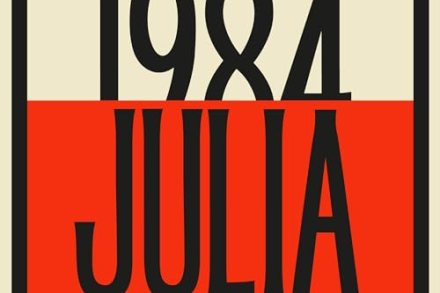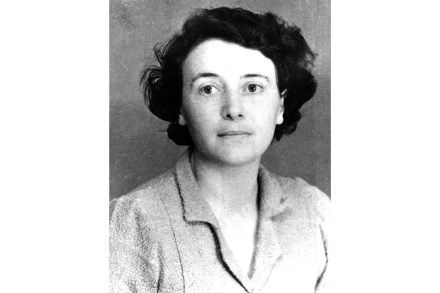Sandra Newman: Julia
38 min listen
My guest in this week’s Book Club podcast is the novelist Sandra Newman, whose new book Julia retells George Orwell’s Nineteen Eighty-Four from Julia’s point of view. We discuss the spaces Orwell’s classic left for her own novelistic imagination, what we do and don’t know about the world of Big Brother, and whether the misogyny in Orwell’s original belongs to the author or the dystopia he depicts.



